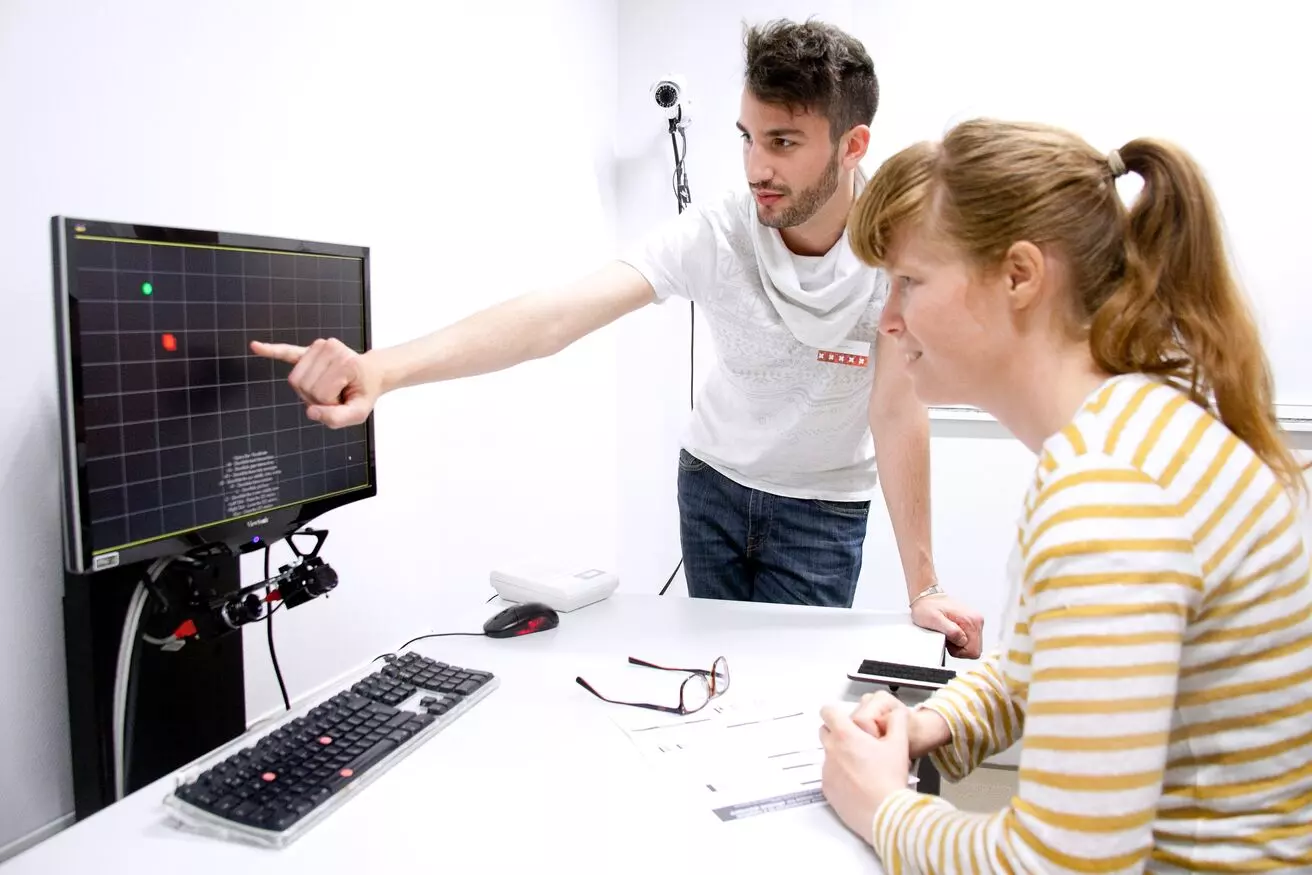This website uses cookies
We, and third parties, use cookies on our website. We use cookies to ensure that our website functions properly, to store your preferences, to gain insight into visitor behavior, but also for marketing and social media purposes (showing personalized advertisements). By clicking 'Accept', you agree to the use of all cookies. In our Cookie Statement. you can read more about the cookies we use and save or change your preferences. By clicking 'Refuse' you only agree to the use of functional cookies.
Not found

More vacancies

Postdoc Traumascapes & International Crisis
- Faculty of Humanities
- €3.546 - €5.538
- PhD
- Closes on21-03-2026
The NWA-NWO project ‘Traumascapes. Valuing, Negotiating and Sharing Sites of Trauma, Pain, and Loss’ has a vacant postdoc researcher position as part of the sub-project ‘traumascapes in times of international crisis’. This postdoc position is of great importance to the Traumascapes programme, as it situates Dutch and (post)colonial traumascapes within the broader international context of geopolitical crises and conflicts currently unfolding in the world. The Postdoc project will be part of the department of Arts and Culture (KC/ capaciteitsgroep Cultural Studies) and The Amsterdam School for Heritage, Memory and Material Culture, which is one of the five Research Schools within the Amsterdam Institute for Humanities Research. AHM is the research base for a broad spread of disciplines from heritage and memory studies to museum and cultural studies, Archaeology and material culture, conservation and restoration, media and art history. AHM researchers share an interest in the ways in which material and immaterial traces of past events and experiences influence the formation of present-day identities.
View vacancy

PhD position in Strategic Management: Aligning purpose, strategy and performance
- Faculty of Economics and Business
- €3.059 - €3.881
- Master's
- Closes on16-03-2026
Are you interested in academic research, and looking to make an impact on business as well as society? Do you enjoy diving deep into real-life problems of companies, while keeping a keen eye on scientific contributions? Would you like to be part of a vibrant research community in Amsterdam and Zurich? Then we have just the right position for you! The Amsterdam Business School is looking for a highly motivated PhD student who will study the process, challenges, and outcomes of firms implementing purpose-driven renewal strategies.
View vacancy

PhD researcher in European Law
- Amsterdam Law School
- €3.059 - €3.881
- University
- Closes on22-04-2026
Do you enjoy: Doing research on the societal dimension of European law; Engaging with interdisciplinary approaches to European law; Being part of a vibrant research community; Thinking creatively about law; Participating in academic discussion and exchange?
Then this position as PhD, which offers an exciting chance develop and work on your own research project, is for you!
Then this position as PhD, which offers an exciting chance develop and work on your own research project, is for you!
View vacancy
